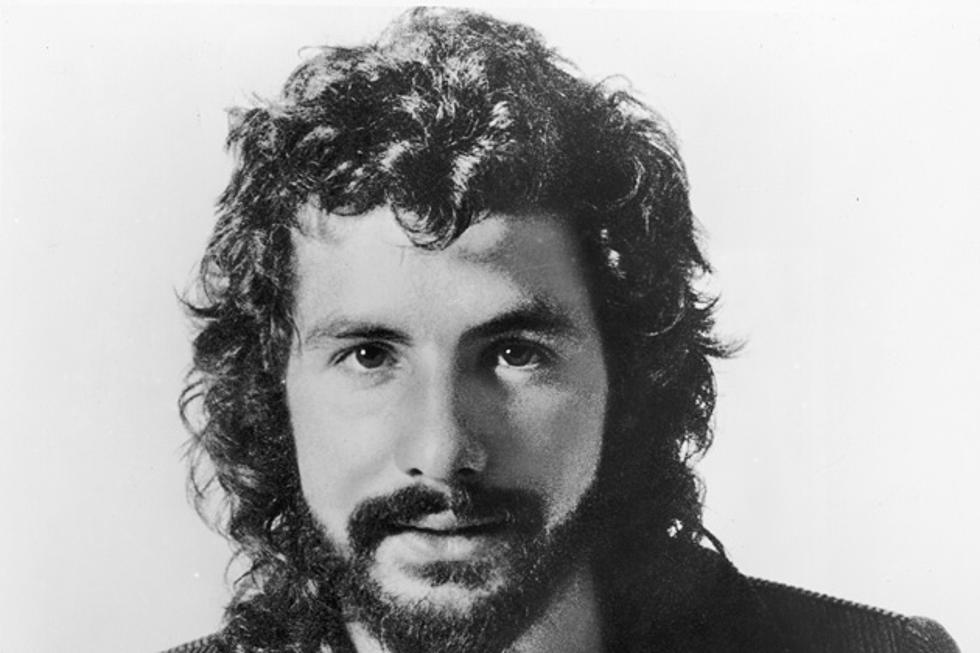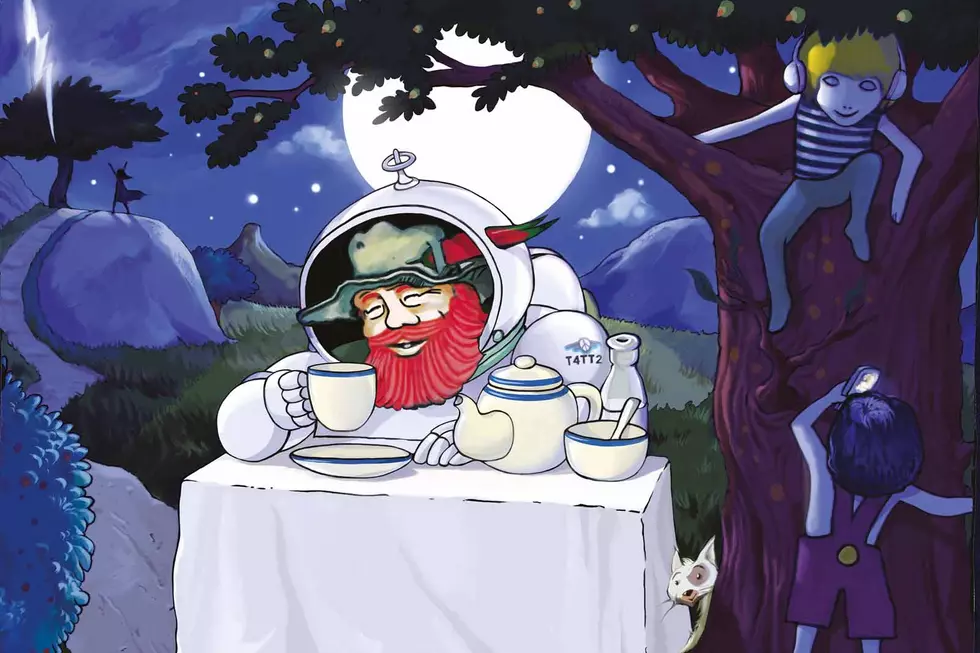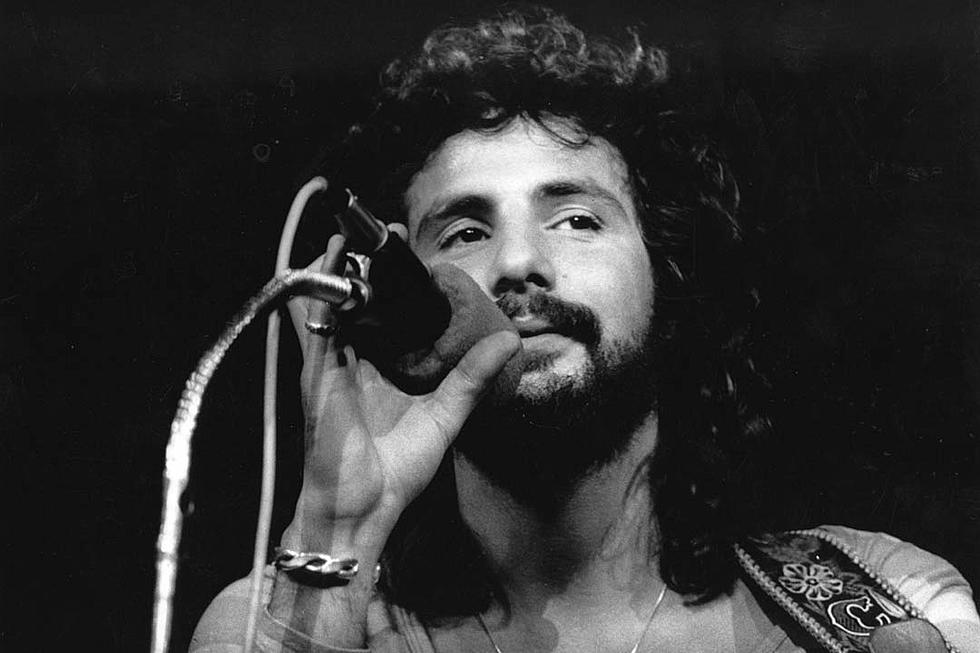
Top 10 Cat Stevens Songs
Between being Steven Demetre Georgiou and Yusuf Islam, he was Cat Stevens. And the British singer-songwriter made the most of his short time under that name, recording a series of increasingly mature records from the late '60s through the mid '70s. He started out as a songwriter for hire whose own records were adorned with super-busy arrangements enforced by record-company execs. After a brush with death, he emerged as a folksinger with a world-humanitarian streak. He 1977 he converted to Islam and changed his name, pretty much ending his career at that point. A dozen years later he resurfaced when he made some comments that seemed to support a fatwa against writer Salman Rushdie. He later clarified his statements, saying he was misinterpreted. Our list of the Top 10 Cat Stevens Songs focuses on the positive moments.
- 10
"Can't Keep It In"
From: 'Catch Bull at Four' (1972)Stevens' only No. 1 album, 1972's Catch Bull at Four, didn't yield a hit single like his previous two LPs. But it remains one of his most popular works, an album rich in musical arrangements and spiritual enlightenment. Its best song, "Can't Keep It In," is one of Stevens' most playful songs, an acoustic guitar-guided pop symphony featuring one of his all-time best vocal performances.
- 9
"Hard Headed Woman"
From: 'Tea for the Tillerman' (1970)Before he released Tea for the Tillerman in 1970, Stevens put out a couple of albums that almost nobody heard. Up until that point, he was best known for writing a few minor hits for other singers (see No. 5 on our list of the Top 10 Cat Stevens Songs). But Tillerman broke the singer-songwriter to a bigger audience. It helped that "Wild World" was a huge hit. But it helped even more that the LP was filled with some of his best and best-known songs, like the pensive "Hard Headed Woman."
- 8
"Moonshadow"
From: 'Teaser and the Firecat' (1971)Following the success of 1970's Tea for the Tillerman, Stevens quickly returned to the studio to record a follow-up LP that basically repeated his breakthrough record's template, right down to a similar-sounding title. Teaser and the Firecat's lead single, "Moonshadow," was an immediate hit, but not a super-huge one, stalling at No. 30. The album's second single fared much better (see No. 3 on our list of the Top 10 Cat Stevens Songs).
- 7
"Where Do the Children Play?"
From: 'Tea for the Tillerman' (1970)Stevens opens his best (and career-defining) album, Tea for the Tillerman, with this rundown of totally sucky things about the late '60s and early '70s, like war, poverty and environmental devastation. Like a few other songs from the album, "Where Do the Children Play?" received an added boost as part of the soundtrack to the hit cult movie Harold and Maude.
- 6
"Oh Very Young"
From: 'Buddha and the Chocolate Box' (1974)Stevens' last original Top 10 (he'd score a No. 6 hit with a cover of Sam Cooke's "Another Saturday Night" later the same year) is one of his most engaging songs, a gently rolling pop number featuring one of Stevens' finest melodies. Lyrically, it reaches for the same spiritual enlightenment of so many of his other songs.
- 5
"The First Cut Is the Deepest"
From: 'New Masters' (1967)Stevens was still searching for his voice when he recorded his second album in 1967. It's mostly forgettable, but a key track kicks off the LP's second side. "The First Cut Is the Deepest" was first recorded by obscure R&B singer P.P. Arnold, who had a Top 20 U.K. hit with it in mid 1967. Stevens' version appeared on New Masters later in the year, and it's tougher than most of the material that would make him a star in a few years. Ten years after "The First Cut Is the Deepest" was written, Rod Stewart recorded the definitive version.
- 4
"Father and Son"
From: 'Tea for the Tillerman' (1970)Stevens' most moving song unfolds as a dialogue between a dad and his maturing child. It was originally penned as part of a musical about the Russian Revolution but ended up on Stevens' best album instead. Smart move. The song also features one of Stevens' loveliest melodies. Modern-day psych-rockers the Flaming Lips liked it so much they borrowed it for one of their songs, giving Stevens a co-write credit.
- 3
"Peace Train"
From: 'Teaser and the Firecat' (1971)Stevens' first Top 10 hit and one of his most popular songs was also the one to take the biggest hit when the backlash began following his remarks in 1989 about the death fatwa against author Salman Rushdie. Indie band 10,000 Maniacs even pulled their cover of "Peace Train" from one of their albums in protest. Whatever Stevens' (or rather, Yusuf Islam's) intentions were, the song remains a highlight of his career and a wonderful song of global peace, love and hope.
- 2
"Morning Has Broken"
From: 'Teaser and the Firecat' (1971)"Morning Has Broken" had been kicking around in various forms since the 19th century, when its melody was first used in a Christmas song. In the 1930s, it became a religious hymn that's still used in church services. Stevens' reverential arrangement of the song – guided by lush, rolling piano performed by Yes keyboardist Rick Wakeman – tied for his highest-charting single, reaching No. 6.
- 1
"Wild World"
From: 'Tea for the Tillerman' (1970)Stevens' breakthrough hit marked a shift in his music toward the stripped-down folk that made him a star in the early '70s. Before that, his music was surrounded by lush arrangements, busy percussion and other rock and pop trappings of the day. "Wild World" is his call for independence and a timeless and universal breakup song with one of his catchiest choruses. It pretty much set the template for his best work.
More From Ultimate Classic Rock









